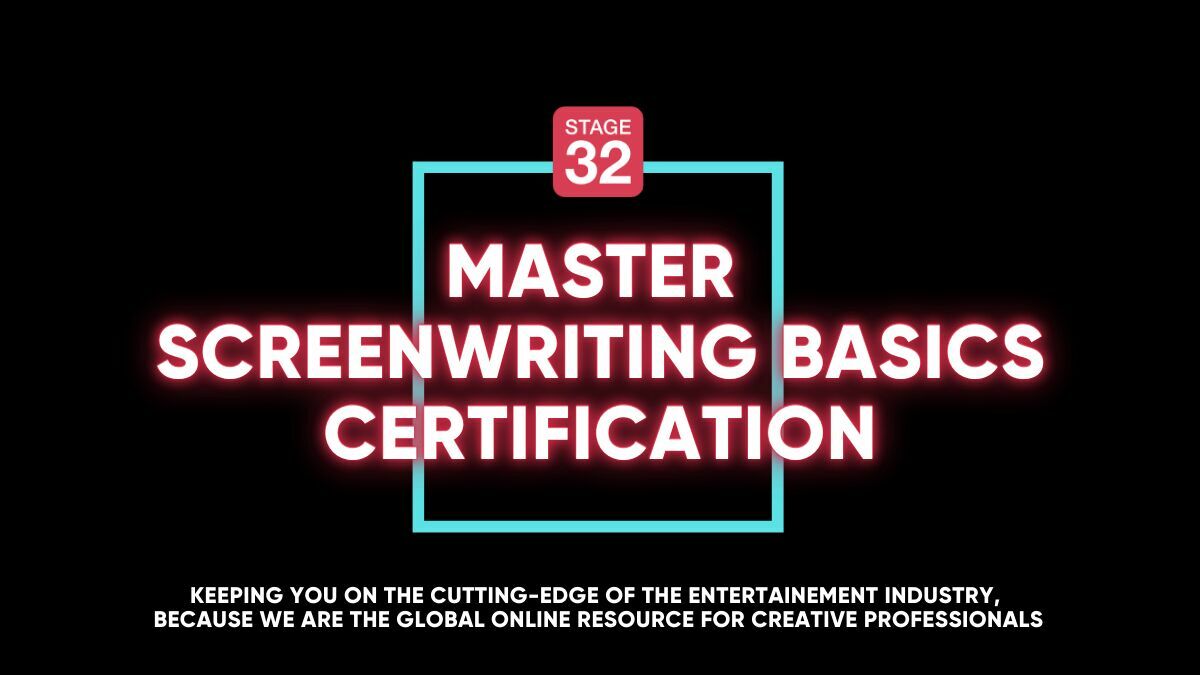Hello. So my current script I am wanting to work on is a drama romance. ( never done this genre before). I am curious to know peoples views on if it should be written from one persons perspective or write it from both sides? EG is the bulk of the screen time and action dominated by one person and the viewer doesnt get to see or hear what the other person is thinking.
So many relationship movies (especially rom-com) are told from both sides where they cut to the girl with her friends talking about the relationship or the love interest and then they cut to the guy doing the same. Then they come together for a bit. Then they go away and again they cut to each persons thoughts and perspectives on the other person and relationship.
Im kinda leaning to writing it with a focus on one persons perspective. Is this right or wrong? I still will have scenes with other person as I want people to connect with them, invest in them, learn about them etc but am thinking of making the 2nd person more enigmatic where we dont really know what they are thinking and feeling or its less "exposition" style of a person having coffee with friends where they explain how they feel.
Thoughts?



What you described is a romantic drama not a rom com so you're not tied to Rom com conventions.And the reality is rom coms are rarely made now days most romantic movies are romantic dramas.In most romantic dramas 1 characters perspective is followed.Marriage Story stood out in this genre not least because it was extremely well written and executed in production.But because it took both the main protagonists perspectives while looking at things that usually aren't in these kind of stories. So by writing it in a single protagonist heroes journey you are actually following the conventions of the genre by taking a single protagonists perspective.
1 person likes this
@Pete Don’t always use dialogue to express other characters if wanting to aim solely on protagonist’s journey, EG You could show emotion (jealousy/hate/love etc) via action or subtext. If audience doesn’t know what a character is thinking it can be a cool mystery element but small reveals or payoffs at closure satisfy audience. EG A trickster conned everyone to believe he does love the heiress but we later see him stick a pin in a doll. Don’t follow any rule book for your romantic drama, let it flow organically and be it’s own unique force.
2 people like this
Dunno. Do what you think works, your own point of view. Saw this tweet yesterday by Glenn Mazzara. Even best of the best working writers don't know until they do.
https://twitter.com/glenmazzara/status/1455384832888881161?s=20
Utterly depends on the story you are trying to tell, what your script is really about messaging-wise, and what character or characters are required to tell that story/deliver that message either individually or in tandem. Is your story best told through one main perspective or two? There are excellent films that have done both.
1 person likes this
Thank you all. Some encouraging comments there.
Do a Hamlet. First half to one character. Then send them away. Second half from the other persons POV and then bring back the main character for the third act.
If it works for Hamlet…
2 people like this
If we want to talk about this in purely artistic terms, you have a voice, that voice will lean into certain things you find most comfortable, indulgent, and motivating. A lot of writers try to fight this through fear they won't fit in and that locks them up because then they are writing in fear and with the intent to please the tastes of others.
If we want to talk about this in commercial terms, there is an issue with containment in film and how something that feels relative tight and claustrophobic can have limited mainstream appeal. Telling a story from one POV can be very intense and lack the breath most viewers (and thus distributors) are looking for.
Putting these two together is all about accepting where you fit in. If you're driven to write moody, dark romantic dramas, you have to accept that you're not going to be selling to Hallmark anytime soon. Knowing that is powerful because it means you can focus in areas you will be more appreciated.
1 person likes this
Both writing it from one person's perspective and from both perspectives have been used to great effect, so go with your gut on how your story will best be told. Both offer different and interesting creative ways you can tell the story of a relationship.
3 people like this
I'm going to push back on that a little. Small roles that have a lot of impact are ideal bait to attract day-players who, in a lot of indies, can be some of the bigger names that help sell the movie. What's important is that all roles are rich and have impact, never mind how few times they show up.
There is no right or wrong, the main thing is tell your story. If it serves to be from one persepctive, write it as so. If it's better to have from another or both, then that's cool. Or if it's observational then that's fine too but bring us into the character's lives and allow the reader to feel something. Whose perspective it is written from is your personal choice and how you want to present it.
It may be that the characters dictate POV. If one character in the romance is ultra strange/funny/odd/ or interesting, that probably says to use that character's perspective. The other "normal" person in the relationship would then be the audience's conscience or point of view. So while the odd character drives the story, the audience would still identify with a thinner "normal" character because that character reflects the audience.
If both characters are normal (what is normal anyway), then circumstances must be odd or strange. There has to be conflict throughout the story - either through characterization or plot, or both. So, I would start with character - that seems to drive this genre the most.